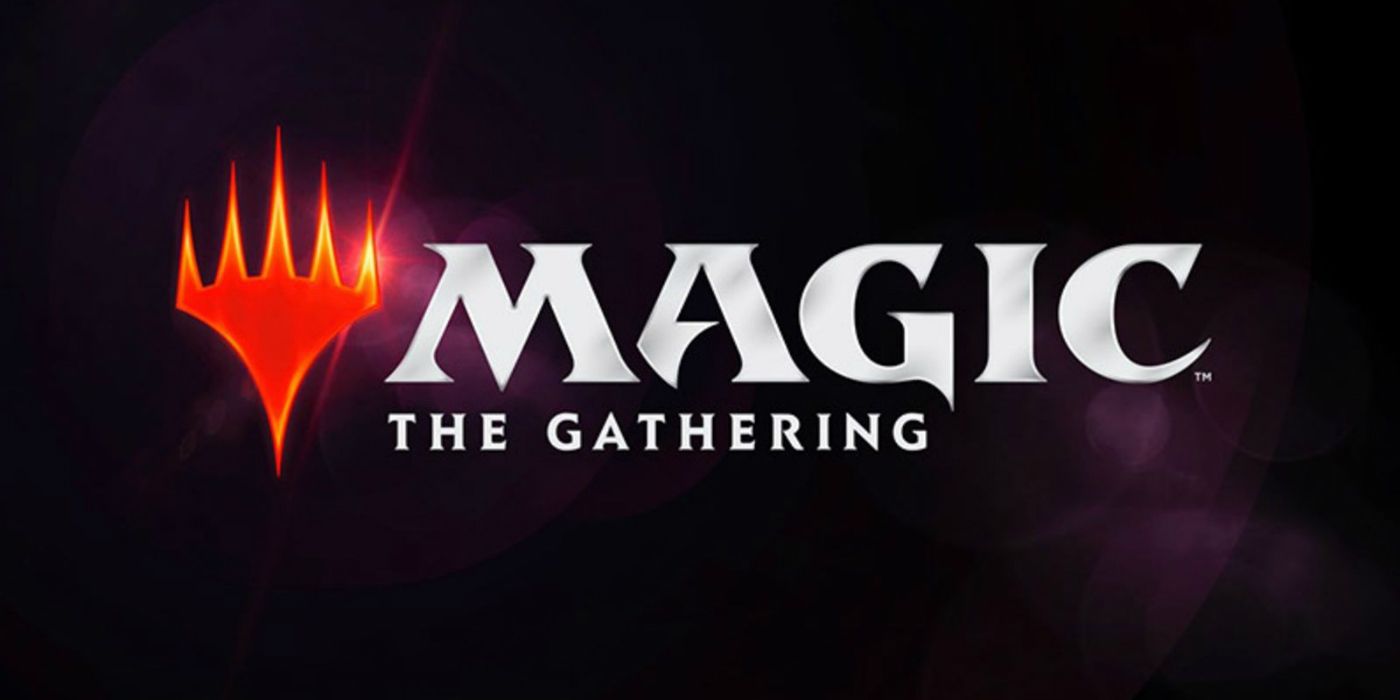
Magic: The Gathering has had a complicated relationship with the world of video games. What began with Magic: The Gathering, affectionately known as Shandalar, in 1997 has spanned over two decades and has seen some turbulence alongside glimpses of hope. Still, prior to the launch of Magic: The Gathering Arena, there was a legitimate argument that Shandalar was still the best online variant of Magic that Wizards of the Coast had ever put out.
Now, though, times are changing. Magic: The Gathering Online, which has been around since 2002 and has been a major factor in the game's growth since then, has become wildly outdated over the past five years. While competitors like Hearthstone and Gwent hit their stride and offered extremely pleasing visuals, Magic: The Gathering Online still looked like it had been cooked up by a few university students who wanted to play the game with their friends. There's a certain charm to that, of course, and the platform is still one of the best ways for players to get better, but it's not likely to hold up for new players who are deciding between Magic: The Gathering and any other card game online.
Related: Hasbro and Wizards of the Coast Announce Magic esports
Magic: The Gatherina Arena has been a massive success. There's really no arguing that point, but an example, for context: Arena has had over 100 million games played on its platform in the first month of its Open Beta alone. In one month, millions upon millions of games were played, Twitch viewership rose for those who had begun to build themselves up within the Arena community, and professional players began migrating over to the platform from Magic: The Gathering Online because its animations and UI were so much more fun to interact with.
A History Lesson of Magic: The Gathering
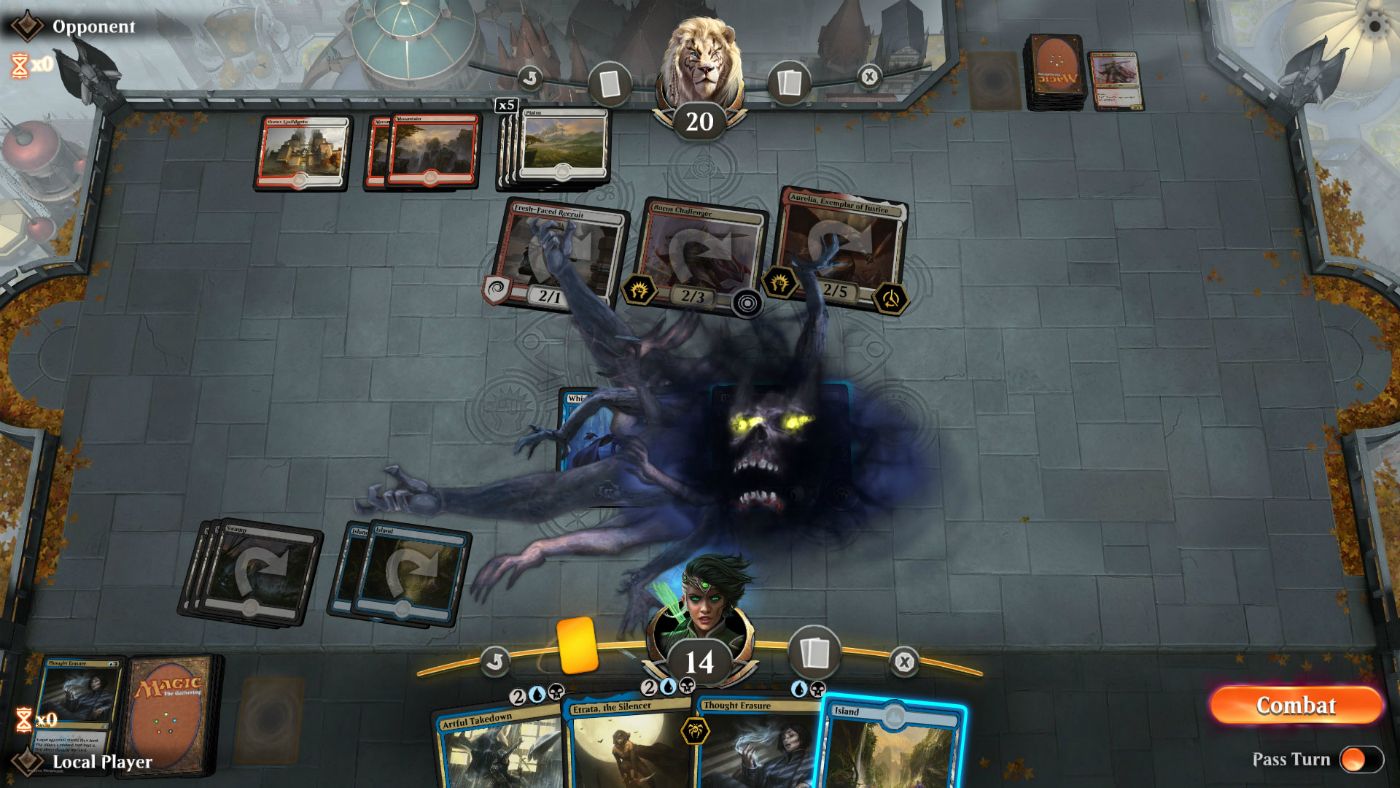
To understand why Arena is such a big deal, and why the announcement of Magic Esports will completely alter the way that Magic is perceived in online communities, it's important to understand that esports aren't new to Wizards of the Coast and Magic. Magic: The Gathering has been broadcast on Twitch for years now, often to audiences of tens of thousands of people. Magic: The Gathering Online has had yearly championships that see players flown out to a location to battle each other for prizes, and only players who qualified using the online platform can earn an invite. Magic: The Gathering Arena is just Wizards of the Coast's latest attempt at esports, not its first.
Yet Magic: The Gathering Arena is also the first successful attempt, and the first to enact meaningful change for a company that has already dominated tabletop scenes for nearly all of its 25 year history. Magic Esports is a ten million dollar initiative that suddenly positions Magic alongside true esports titles like DOTA 2 and CS:GO. Hosting new tournaments that see players qualify by either being the best in the world - helping Magic's most invested players brand themselves in the process - or by winning a qualifier on an online platform accurately simulates the environments that spawn some of the best contemporaries in their respective esport. How many times have we heard of online grinders finally earning their one chance in the spotlight and turning it into a career in games like DOTA 2? Players like w33ha, Miracle-, Jerax, and Topson all got their chances because of consistent online performance earning them the limelight, something that will now be possible in Magic: The Gathering Arena as well. Maybe we'll even see players become known for their online handles rather than their real names, like Brad "Fffreakmtg" Nelson and Reid "reiderrabbit" Duke, two of the few pros who got noticed during Magic: The Gathering Online success, have done in the past.
Magic: Arena's Rise to Relevancy
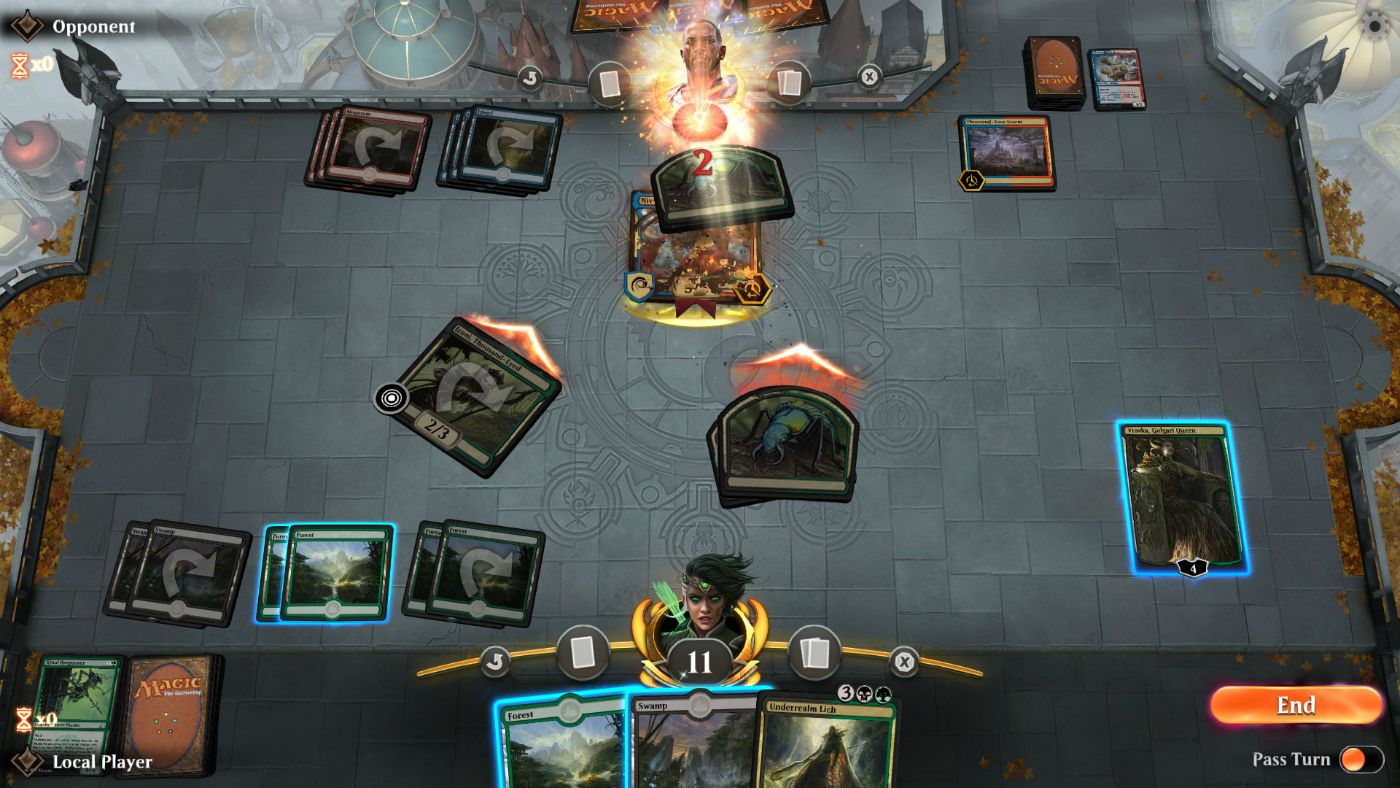
The pro contracts that will characterize the Magic Esports 2019 campaign are lucrative and, above all, enough money to justify players sinking in so much of their time on Magic: The Gathering. Gone are the days when players were afforded minimal amounts of money and travel vouchers for being the best of the best. Now that Magic has a competitive model that resembles consistent pay, it could bring about another influx of interest from the game's top players, many of whom have at least flirted with transitioning to a competitor - Pro Tour champions Brian Kibler and Stan Cifka, for instance, have both made names for themselves in Hearthstone, while another Pro Tour champion in Joel Larsson has been prominently involved in Artifact's launch. It's easy to see why - both titles offered more shots at prize money, and more chances to brand themselves, than Magic previously had, especially from the comfort of a player's own home.
Pro contracts will finally establish stars within Magic because of the pro scene, rather than in spite of it. Magic: The Gathering Arena will bring in new players, thanks to the tried-and-true exciting gameplay of Magic combined with an interesting, visually pleasing aesthetic that makes the game more fascinating at a glance than just a camera hovering over a tablecloth. Those players will stay because the game is easier to get into now than it has ever been, and because, hopefully, the players who join the illustrious Magic Pro League are marketed as they should be - accessible, talented individuals who a new player could look up to and emulate as time goes on.
Magic Esports and Tabletop Magic's Co-Existence
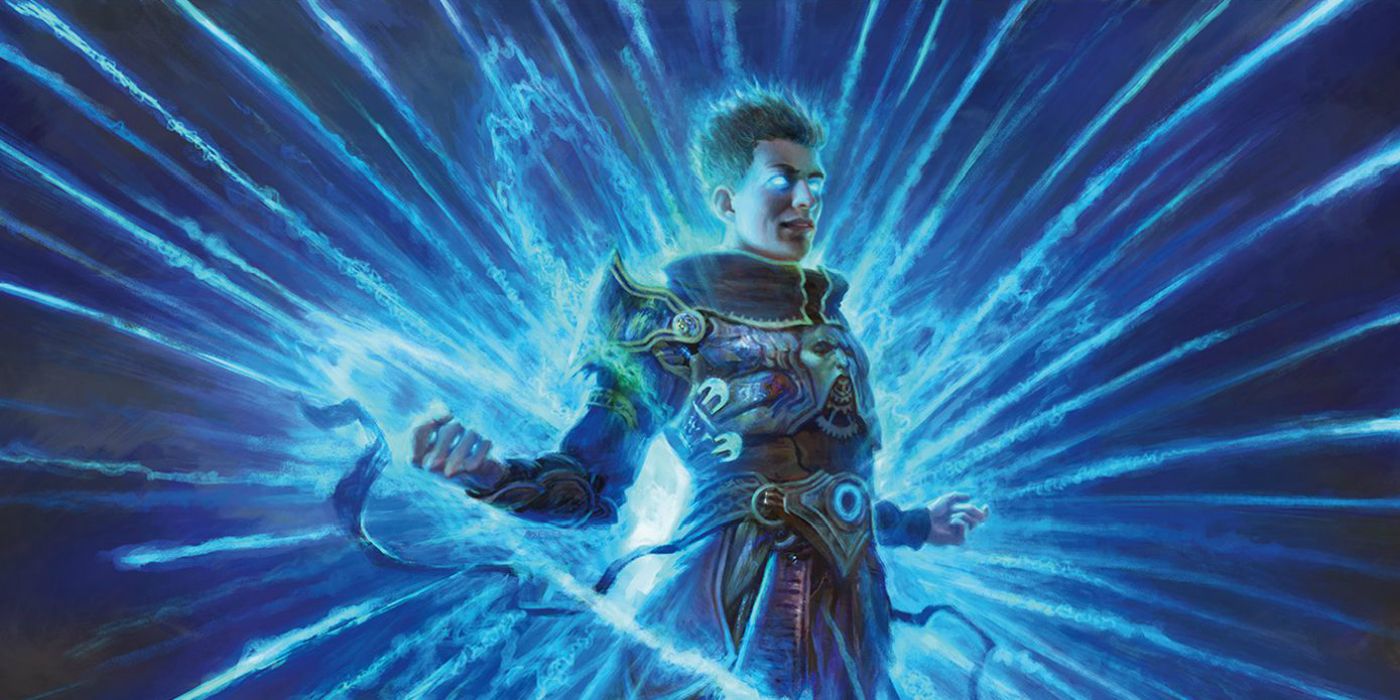
That being said, there's already been some negative feedback as well. Fans are concerned over the lack of information in the statement so far, despite the fact that a complete overhaul of the system was never going to happen overnight. Likewise, players are concerned that Magic: The Gathering Online is going to become an afterthought, and that its economy will fall into shambles sooner rather than later.
I remain convinced that the only thing that could truly kill Magic at this point is if Wizards of the Coast twists itself around too many times trying to meet the demands of a fan base that constantly shifts the goal post of what it wants. Fans clamored to get the pros paid, and Wizards has addressed this - now the concern is that it is not enough pros, even though 32 people making a living wage is a drastic upgrade over the few hundred who were getting paid just enough to make their dream feel like a possibility without it paying them enough to chase it across the globe. Fans wanted Magic to step into the future, to compete with titles like Hearthstone, and now it is. Just not in the way people wanted it to, apparently. Magic: The Gathering Arena is the future, and Magic: The Gathering Online has been criticized as a poor client for years now. It is only now, that Wizards has announced its intent to support Arena more fully, that the community is against the progression onward.
It isn't that I'm not sympathetic to some of these concerns. A lot of professional players aren't entirely sure if they just got a raise or lost their job, and that's a fair thing to worry about. Moreover, the lack of details regarding Grand Prix support is concerning, as these tournaments have sold themselves on a chance to qualify for the Pro Tour for most of their existence. If they don't still qualify for Mythic Championships, for example, there will be an uproar.
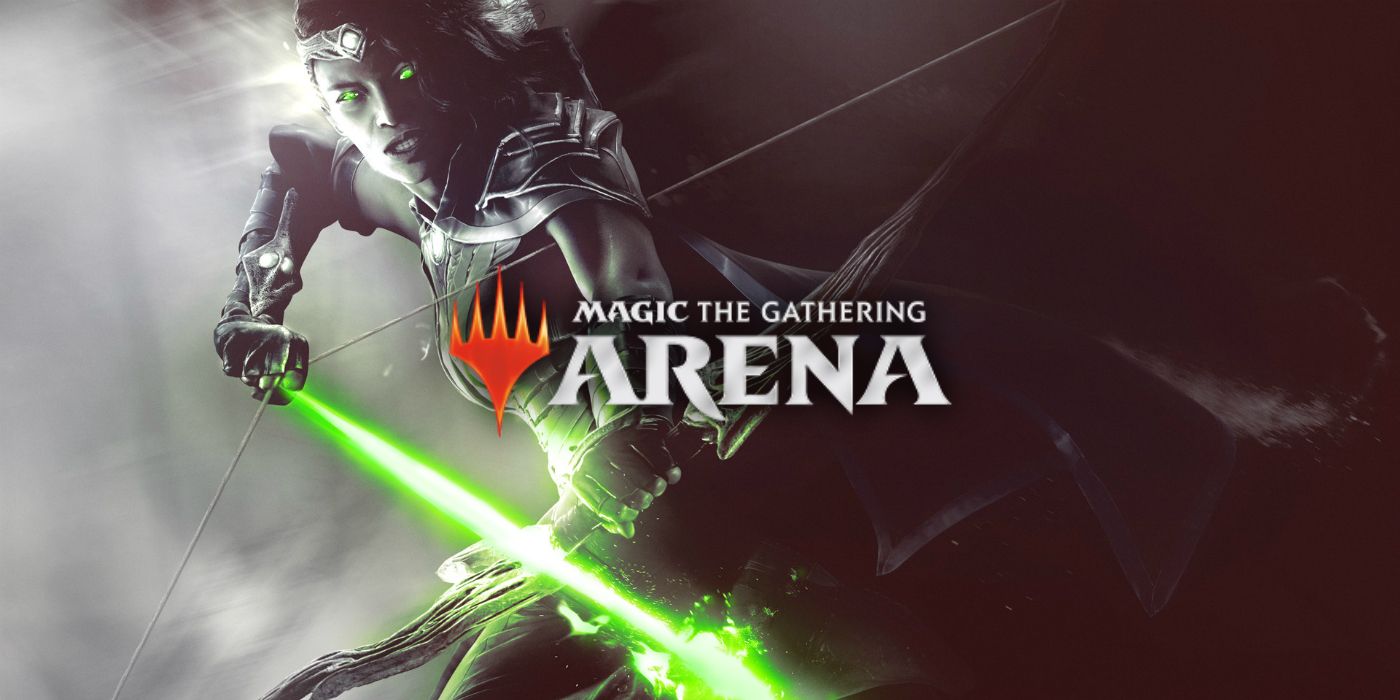
Yet for all of the potential negatives, there are many more positives that outweigh them in the grand scheme of things. Fans of Magic want the game to thrive, and to remain relevant for years to come. Magic esports is what will achieve that for it. Fans are concerned that the company is abandoning paper Magic, but Wizards has committed $5 million in prizes to that variation of the game in 2019, with $2.5 million already dedicated to the Grand Prix circuit. Change is scary, but it is necessary. Magic has needed to evolve for years now, so many years, and maybe the community has grown a little too attached to its previous iteration as a result. Patience will be necessary. There will be growing pains. But Magic is finally growing again in a meaningful way.
Every announcement regarding Magic esports sounds like one made with a lot of deliberation, and with a very clear goal in mind - bringing both paper and online Magic: The Gathering into the world of esports proper. With millions in prizes, online qualifiers, and professional players who appear to be getting offered liveable wages just for being excellent at the game, Wizards of the Coast is finally, after a long sojourn that has spanned years and awkward, fumbled attempts, getting exactly what it wants - Magic: The Gathering is an esport. Its best players will finally be professionals in function, and in compensation, rather than just in name. Now all that's left is seeing just how far the 35 million or so Magic players scattered across the globe can carry the game, and just how much that number swells as 2019 rolls on.
More: Esports Could Be An Olympic Event in 2022
from ScreenRant - Feed https://ift.tt/2zWR0Ez


0 Comments